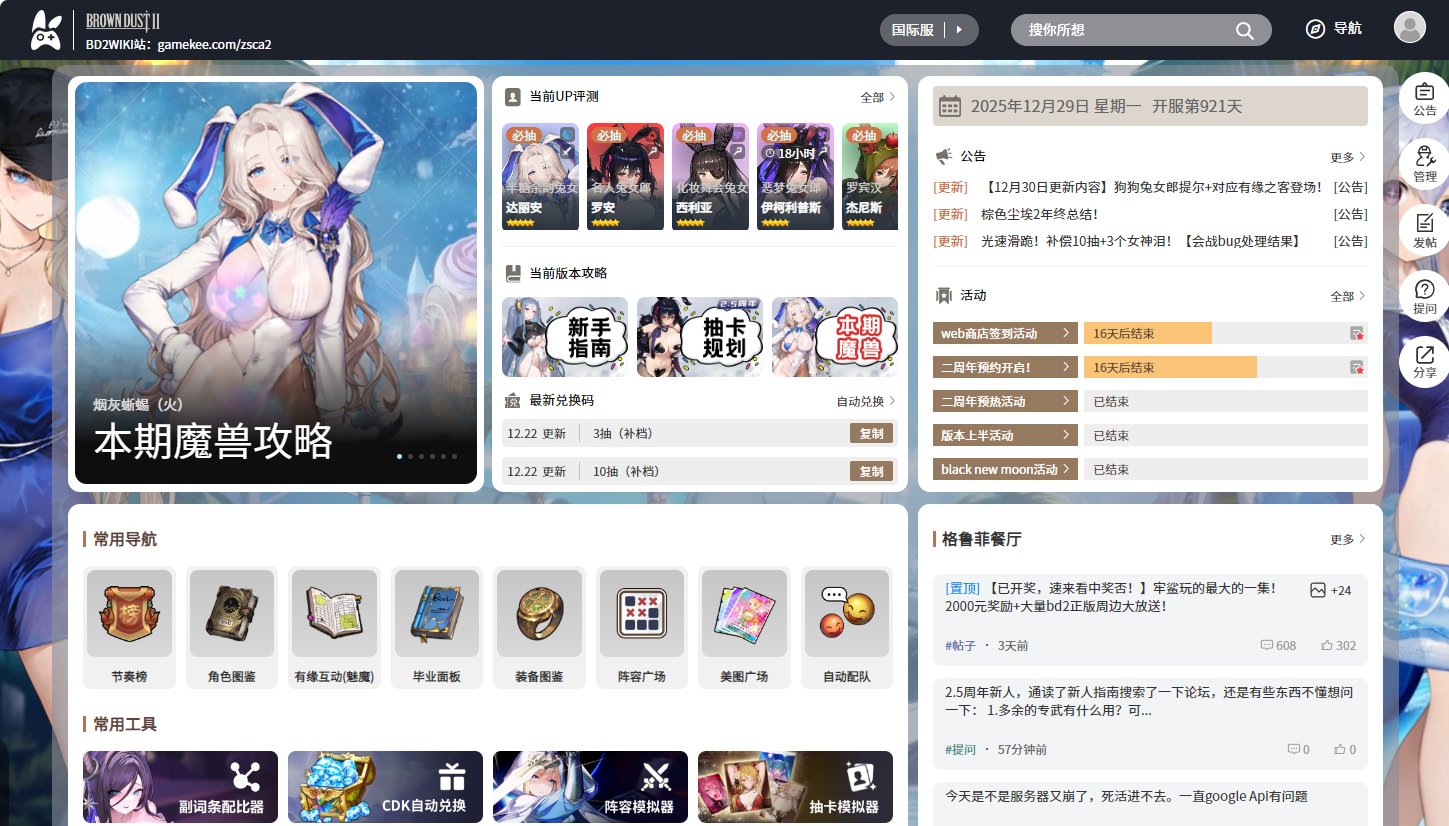springboot整合Quartz实现动态配置定时任务的方法
作者:袖梨
2022-06-29
前言
在我们日常的开发中,很多时候,定时任务都不是写死的,而是写到数据库中,从而实现定时任务的动态配置,下面就通过一个简单的示例,来实现这个功能。
一、新建一个springboot工程,并添加依赖
org.springframework.boot spring-boot-starter-data-jpa com.h2database h2 runtime org.springframework.boot spring-boot-starter-test test org.quartz-scheduler quartz 2.2.1 slf4j-api org.slf4j org.springframework spring-context-support
二、配置文件application.properties
# 服务器端口号 server.port=7902 # 是否生成ddl语句 spring.jpa.generate-ddl=false # 是否打印sql语句 spring.jpa.show-sql=true # 自动生成ddl,由于指定了具体的ddl,此处设置为none spring.jpa.hibernate.ddl-auto=none # 使用H2数据库 spring.datasource.platform=h2 # 指定生成数据库的schema文件位置 spring.datasource.schema=classpath:schema.sql # 指定插入数据库语句的脚本位置 spring.datasource.data=classpath:data.sql # 配置日志打印信息 logging.level.root=INFO logging.level.org.hibernate=INFO logging.level.org.hibernate.type.descriptor.sql.BasicBinder=TRACE logging.level.org.hibernate.type.descriptor.sql.BasicExtractor=TRACE logging.level.com.itmuch=DEBUG
三、Entity类
package com.chhliu.springboot.quartz.entity;
import javax.persistence.Column;
import javax.persistence.Entity;
import javax.persistence.GeneratedValue;
import javax.persistence.GenerationType;
import javax.persistence.Id;
@Entity
public class Config {
@Id
@GeneratedValue(strategy = GenerationType.AUTO)
private Long id;
@Column
private String cron;
/**
* @return the id
*/
public Long getId() {
return id;
}
……此处省略getter和setter方法……
}
四、任务类
package com.chhliu.springboot.quartz.entity;
import org.slf4j.Logger;
import org.slf4j.LoggerFactory;
import org.springframework.context.annotation.Configuration;
import org.springframework.scheduling.annotation.EnableScheduling;
import org.springframework.stereotype.Component;
@Configuration
@Component // 此注解必加
@EnableScheduling // 此注解必加
public class ScheduleTask {
private static final Logger LOGGER = LoggerFactory.getLogger(ScheduleTask.class);
public void sayHello(){
LOGGER.info("Hello world, i'm the king of the world!!!");
}
}
五、Quartz配置类
由于springboot追求零xml配置,所以下面会以配置Bean的方式来实现
package com.chhliu.springboot.quartz.entity;
import org.quartz.Trigger;
import org.springframework.context.annotation.Bean;
import org.springframework.context.annotation.Configuration;
import org.springframework.scheduling.quartz.CronTriggerFactoryBean;
import org.springframework.scheduling.quartz.MethodInvokingJobDetailFactoryBean;
import org.springframework.scheduling.quartz.SchedulerFactoryBean;
@Configuration
public class QuartzConfigration {
/**
* attention:
* Details:配置定时任务
*/
@Bean(name = "jobDetail")
public MethodInvokingJobDetailFactoryBean detailFactoryBean(ScheduleTask task) {// ScheduleTask为需要执行的任务
MethodInvokingJobDetailFactoryBean jobDetail = new MethodInvokingJobDetailFactoryBean();
/*
* 是否并发执行
* 例如每5s执行一次任务,但是当前任务还没有执行完,就已经过了5s了,
* 如果此处为true,则下一个任务会执行,如果此处为false,则下一个任务会等待上一个任务执行完后,再开始执行
*/
jobDetail.setConcurrent(false);
jobDetail.setName("srd-chhliu");// 设置任务的名字
jobDetail.setGroup("srd");// 设置任务的分组,这些属性都可以存储在数据库中,在多任务的时候使用
/*
* 为需要执行的实体类对应的对象
*/
jobDetail.setTargetObject(task);
/*
* sayHello为需要执行的方法
* 通过这几个配置,告诉JobDetailFactoryBean我们需要执行定时执行ScheduleTask类中的sayHello方法
*/
jobDetail.setTargetMethod("sayHello");
return jobDetail;
}
/**
* attention:
* Details:配置定时任务的触发器,也就是什么时候触发执行定时任务
*/
@Bean(name = "jobTrigger")
public CronTriggerFactoryBean cronJobTrigger(MethodInvokingJobDetailFactoryBean jobDetail) {
CronTriggerFactoryBean tigger = new CronTriggerFactoryBean();
tigger.setJobDetail(jobDetail.getObject());
tigger.setCronExpression("0 30 20 * * ?");// 初始时的cron表达式
tigger.setName("srd-chhliu");// trigger的name
return tigger;
}
/**
* attention:
* Details:定义quartz调度工厂
*/
@Bean(name = "scheduler")
public SchedulerFactoryBean schedulerFactory(Trigger cronJobTrigger) {
SchedulerFactoryBean bean = new SchedulerFactoryBean();
// 用于quartz集群,QuartzScheduler 启动时更新己存在的Job
bean.setOverwriteExistingJobs(true);
// 延时启动,应用启动1秒后
bean.setStartupDelay(1);
// 注册触发器
bean.setTriggers(cronJobTrigger);
return bean;
}
}
六、定时查库,并更新任务
package com.chhliu.springboot.quartz.entity;
import javax.annotation.Resource;
import org.quartz.CronScheduleBuilder;
import org.quartz.CronTrigger;
import org.quartz.JobDetail;
import org.quartz.Scheduler;
import org.quartz.SchedulerException;
import org.springframework.beans.factory.annotation.Autowired;
import org.springframework.context.annotation.Configuration;
import org.springframework.scheduling.annotation.EnableScheduling;
import org.springframework.scheduling.annotation.Scheduled;
import org.springframework.stereotype.Component;
import com.chhliu.springboot.quartz.repository.ConfigRepository;
@Configuration
@EnableScheduling
@Component
public class ScheduleRefreshDatabase {
@Autowired
private ConfigRepository repository;
@Resource(name = "jobDetail")
private JobDetail jobDetail;
@Resource(name = "jobTrigger")
private CronTrigger cronTrigger;
@Resource(name = "scheduler")
private Scheduler scheduler;
@Scheduled(fixedRate = 5000) // 每隔5s查库,并根据查询结果决定是否重新设置定时任务
public void scheduleUpdateCronTrigger() throws SchedulerException {
CronTrigger trigger = (CronTrigger) scheduler.getTrigger(cronTrigger.getKey());
String currentCron = trigger.getCronExpression();// 当前Trigger使用的
String searchCron = repository.findOne(1L).getCron();// 从数据库查询出来的
System.out.println(currentCron);
System.out.println(searchCron);
if (currentCron.equals(searchCron)) {
// 如果当前使用的cron表达式和从数据库中查询出来的cron表达式一致,则不刷新任务
} else {
// 表达式调度构建器
CronScheduleBuilder scheduleBuilder = CronScheduleBuilder.cronSchedule(searchCron);
// 按新的cronExpression表达式重新构建trigger
trigger = (CronTrigger) scheduler.getTrigger(cronTrigger.getKey());
trigger = trigger.getTriggerBuilder().withIdentity(cronTrigger.getKey())
.withSchedule(scheduleBuilder).build();
// 按新的trigger重新设置job执行
scheduler.rescheduleJob(cronTrigger.getKey(), trigger);
currentCron = searchCron;
}
}
}
六、相关脚本
1、data.sql
insert into config(id,cron) values(1,'0 0/2 * * * ?'); # 每2分钟执行一次定时任务
2、schema.sql
drop table config if exists; create table config( id bigint generated by default as identity, cron varchar(40), primary key(id) );
六、运行测试
测试结果如下:(Quartz默认的线程池大小为10)
0 30 20 * * ? 0 0/2 * * * ? 2017-03-08 18:02:00.025 INFO 5328 --- [eduler_Worker-1] c.c.s.quartz.entity.ScheduleTask : Hello world, i'm the king of the world!!! 2017-03-08 18:04:00.003 INFO 5328 --- [eduler_Worker-2] c.c.s.quartz.entity.ScheduleTask : Hello world, i'm the king of the world!!! 2017-03-08 18:06:00.002 INFO 5328 --- [eduler_Worker-3] c.c.s.quartz.entity.ScheduleTask : Hello world, i'm the king of the world!!! 2017-03-08 18:08:00.002 INFO 5328 --- [eduler_Worker-4] c.c.s.quartz.entity.ScheduleTask : Hello world, i'm the king of the world!!!
从上面的日志打印时间来看,我们实现了动态配置,最初的时候,任务是每天20:30执行,后面通过动态刷新变成了每隔2分钟执行一次。
虽然上面的解决方案没有使用Quartz推荐的方式完美,但基本上可以满足我们的需求,当然也可以采用触发事件的方式来实现,例如当前端修改定时任务的触发时间时,异步的向后台发送通知,后台收到通知后,然后再更新程序,也可以实现动态的定时任务刷新














